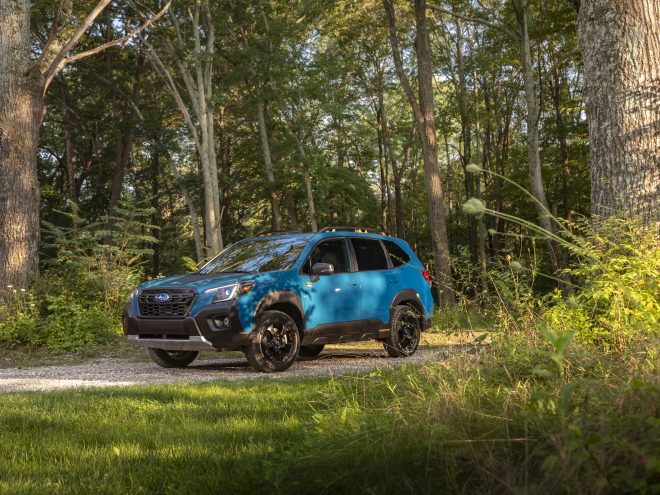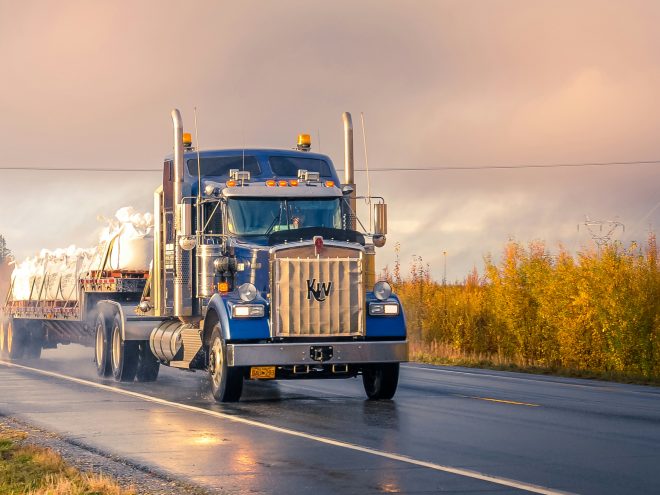
What To Do After an Auto Accident
The aftermath of an auto accident can be overwhelming and chaotic. It’s essential to remain calm and know the steps you need to take for your safety and legal protection. From ensuring everyone’s safety to reporting the accident to the appropriate parties, these actions are fundamental. Keep reading to understand better what to do after an auto accident.
Essential Guidelines for Dealing with Auto Accidents
An accident is an unforeseen circumstance that requires immediate attention. In the panic and confusion, it’s easy to forget what you should do next. Creating a mental checklist can help you adapt quickly and ensure everyone’s well-being.
Part of the protocol is prioritizing safety, reporting the accident, accumulating the necessary information from all parties involved, and seeking medical attention. Every step in this process contributes significantly to the outcome of any legal action that can arise from the collision.
Time is also of the essence. Avoid delaying these steps unless under compelling circumstances. The longer you wait, the harder it becomes to collect evidence, report accurately, and receive appropriate compensation if required.
When you find yourself in such a situation, a competent abogado de accidente de auto can provide you with comprehensive legal guidance.
Ensuring Everyone’s Safety: First Steps after an Auto Accident
The initial step after an auto accident is to verify your safety and that of others involved. If possible, move the vehicles out of traffic to avert additional collisions and potential injuries.
If any vehicle cannot be moved, engage your hazard lights to signal other road users. In severe accidents, avoid moving injured persons unless there’s a threat to their life, like an imminent explosion.
Critical as it is, the process capable of saving lives can be challenging for people going through shock post-accident. Therefore, a composed demeanor can make a significant difference in the rescue efforts.
Emergency medical attention might be required even when the victims seem uninjured. The adrenaline rush can obscure pain, wavering the immediate necessity of medical assistance.
Collecting Necessary Information at the Accident Scene
Acquiring pertinent information is crucial for the auto accident insurance claim process and legal proceedings that could follow the accident. The primary data include names, contact information, insurance details of the parties involved, and witness statements. You may be thinking to yourself, after signing a waiver, do I still have a case?
Besides, capturing photos of the accident scene, vehicle damages, injuries, and other significant elements can serve as substantial evidence later.
However, refrain from making assertive statements that could imply your liability for the accident. Equally important is to limit your discussion about the accident specifics and avoid getting into an argument with the other party.
It’s advisable to record your account of the incident once you leave the accident scene. Such a timeline can offer valuable details to your insurance company and lawyer which could be absent in the police report.
Reporting the Accident to Appropriate Parties: Insurance and Police
Regardless of the accident’s severity, you should report it to the police. They offer an impartial view of the event, which is vital during the insurance claims process.
After that, contact your insurance company and provide them with a comprehensive accident report. This could help you get compensation for damages if the accident was not your fault.
Keep in mind the need for timely reporting to both entities. If you fail to report the accident within due time, you may not be able to claim your insurance amount.
If there’s any legal issue, contacting an attorney should be your next step. An experienced accident lawyer can advise you on the legalities surrounding your accident and guide you toward a favorable outcome.
Overall, being involved in an auto accident is a distressing experience, but knowing how to handle it can make a significant difference. Prioritize safety, collect necessary information, report the event, and seek appropriate assistance to safeguard your interests.









